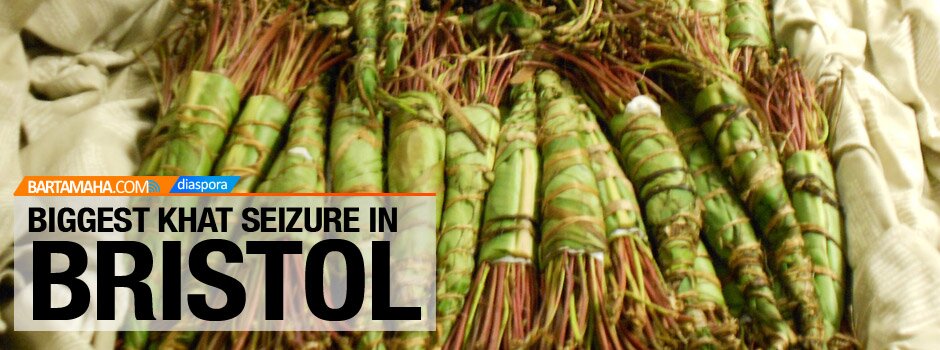Bristol police claim biggest ever seizure of drug since khat made illegal
Bristol — POLICE in Bristol have made their biggest seizure of the herbal stimulant khat since it became illegal nearly three months ago.
Khat, now a class C drug, was sold and chewed openly in the city at about 30 cafes – known as mafrishes – before the ban came into force on June 24.
Police officers in Easton took to Twitter last week to tell followers they had made their biggest seizure of the drug since the ban – along with a picture of the dried khat in sandwich bags.
Twenty-four bags of the dried substance, with a street value of £250, were seized at a property in Stapleton Road, Easton on Wednesday, but no arrests have been made in relation to the incident.
At the time of khat being made illegal, the Bristol Post spoke to people from the 10,000-strong Somali community who hailed the move as a watershed moment.
But dozens of small businesses which sold the plant were likely to lose out.
Some community leaders also warned that the ban would criminalise Somalis who chewed the amphetamine-like plant.
It was also later reported that the ban was increasing anti-social behaviour in Easton.
Somali community activist, Abdi Mohamed, of the Bristol Somali Media Group, said the closure of khat cafes had forced young users on the street.
Residents complained in July that groups of up to 100 noisy men were congregating on streets near Stapleton Road late into the night.
The problem was at first attributed to the end of the daily dawn-to-dusk fast during Ramadan.
Police stepped up patrols in the area and put up posters asking for respect for neighbours during Ramadan.
But Mr Mohamed told the Bristol Post the antisocial behaviour was not just down to the Muslim month of fasting.
He said: “If you think about it, there were 20 to 30 khat cafes full every evening when the ban was not in place and now they are closed.
“These cafes were not just for people taking khat, they were for people to socialise in, too, and now a lot of people have nowhere to go in the evenings.”
Minutes from a meeting of the Bristol Somali Forum with senior police officers and council officials showed the authorities were warned about a potential problem before the ban in June.
The plant is grown predominantly in Kenya and has been chewed for centuries by members of the Somali, Yemeni and Ethiopian communities.
A police spokesman said anyone caught with the Class C drug could face up to two years in prison and an unlimited fine.
Source: Bristol Post
Comments
comments
 Calendar
Calendar





































